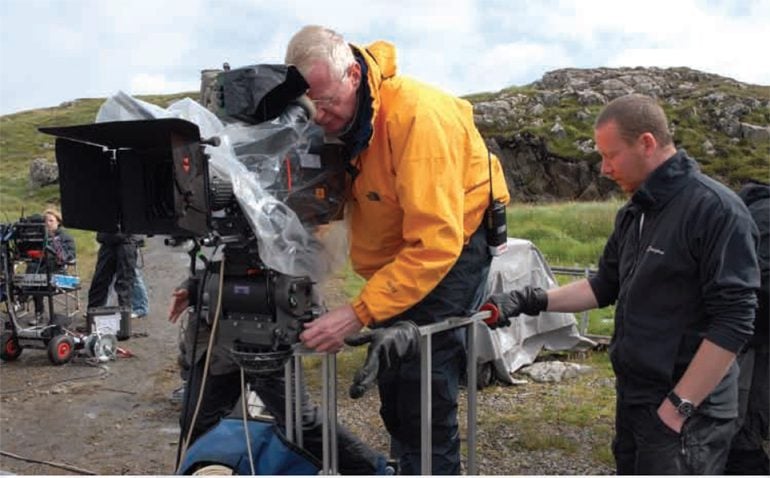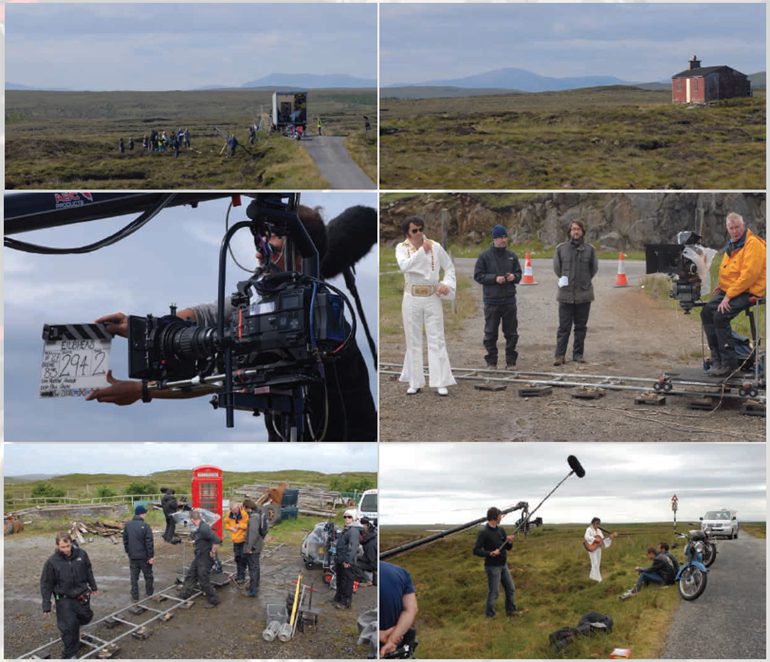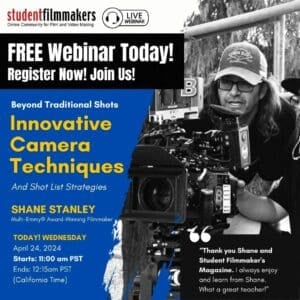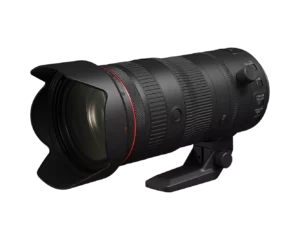Producer / Director of Photography. Edinburgh, United Kingdom.
#FlashbackFriday #FBF Do you remember our Community Spotlight with Paul Gavin?
Paul Gavin is a producer and director of photography based in Edinburgh. He produces feature films and television drama, and works freelance as a DOP and lighting cameraman on features, drama, documentaries, music and commercials.
Biggest Challenge:
“To produce a high quality full-length feature film on a budget of $1 million.”
Solution:
“I looked at crew currently working on features and drama, and identified those who were capable of working in higher grades than they were currently employed. I offered them higher grades and credits in exchange for working at lower rates. I also sourced great deals on equipment and post-production in exchange for enhanced credits.”
Favourite Technique:
“Do not over-light. Use the capabilities of the camera to reduce the use of artificial lighting as much as possible – this achieves a natural look.”
Favourite Tool:
“My eyes! And my spotmeter. And a monitor which is correctly set up!”
Current Projects:
“I have just finished Elvis (Eilbheas), a 0-minute drama for the launch of the new BBC Gaelic Channel.”
Background:
“Born and educated in Edinburgh, I initially developed an interest in theatre lighting whilst working with Bristol Revunions Theatre Company during the Edinburgh Festival Fringe. I studied Photography and Film at Napier University followed by work as an OB cameraman with Moray House University outside broadcast unit, then decided to pursue a career as a freelance cameraman.”
Gavin has since achieved wide recognition as a documentary cameraman, working all over the world from Tihar Jail in Delhi (Asia’s largest jail) and the war zones of Angola (BBC’s Dear Bill) to the exotic Tropicana Club in Havana.
“In the UK, I worked with brothers Andrew and Kevin MacDonald on the ITV series Shadowing and subsequent BBC documentary Digging Your Own Grave, in which director Kevin followed his brother Andrew’s attempt at producing his first film, Shallow Grave. A working partnership with director Francesca Joseph led to the hugely successful BBC docusoap Driving School, followed by BBC’s Picture This, an RTS Award winning programme, Four Tarts and a Tenor with the late great Pavarotti.”
In ‘ Gavin began working on television drama. Bombay Blue, a £2.2 million detective drama series, was Channel 4’s largest commission in Scotland at that time. It was one of the first high-profile drama series to be filmed on digital format, and Sony exhibited Gavin’s work at industry events to illustrate the benefits of originating television drama on digital as opposed to film. In 2003 Gavin was cinematographer on the BAFTA-nominated (Best Short Film category) 35mm short Candy Bar Kid with director Shan Khan, for which Gavin was presented with a Kodak BAFTA Swan Award.
“I went on to film the 13-part series Hollywood Dreams, an entertainment series for Cineflix International, following young hopefuls looking to make it or not in Hollywood. This series screened primetime across US, Canada and the UK. I was then approached by Exec Producer Sandra McIver to DOP on BBC Scotland’s soap River City, completing some 100 episodes. Most recently I filmed the documentary series Building the Biggest, filmed on HD for the Discovery Channel.”
Gavin’s drama work continued with the full-length feature film Gamerz, filmed in Scotland on HD and enjoying success at film festivals around the world. Gamerz has been twice nominated for a Méliès D’Argent Award, has secured distribution in both the US and UK, and had its UK theatrical release in February 2008 via Cineworld.
Photos by George Geddes. Behind the scenes of Eilbheas (Gaelic for Elvis), a 0- minute drama for the BBC.
Join the Filmmakers Network or Update Your Profile!
networking.studentfilmmakers.com
Subscribe to StudentFilmmakers Magazine
StudentFilmmakers Magazine: Each issue addresses the needs of the five distinct phases of film and video making.




